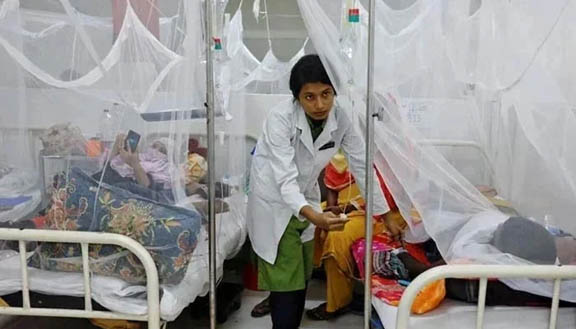Genome sequencing could be made accessible to all adults.
Researchers examined 566 mutations linked to disease using DNA extracted from blood, tissue, or skin samples, including 84 for cancer, 77 for heart conditions, and others affecting drug response.
According to experts, whole genome sequencing could be available to all adults on the NHS within five years, helping millions reduce their risk of conditions such as cancer and heart disease.
It was claimed that if the tests, which read a person’s entire genetic code, were widely available, thousands of lives could be saved each year.
One in every four healthy patients in a study of 102 at a GP surgery were found to have “actionable” mutations.
These were genetic changes that increased their risk of certain diseases but could be mitigated by lifestyle changes, additional monitoring, or other preventative measures.
Six out of ten people had an inherited mutation in a “recessive” gene, which meant they were not affected by the condition but could pass it on to their children.
Detecting such mutations can help guide healthcare decisions and allow for more individualized treatment.
Professor Ros Eeles, an oncogenetics expert at The Institute of Cancer Research in London, said the findings could spark a “revolution in healthcare,” paving the way for testing to be made available to anyone who wants it within the next two to five years.
“Our findings suggest that integrating whole-genome sequencing into primary care could be beneficial,” Prof Eeles added.







